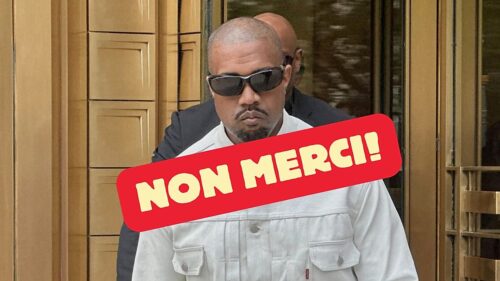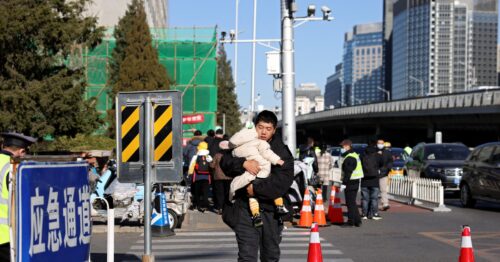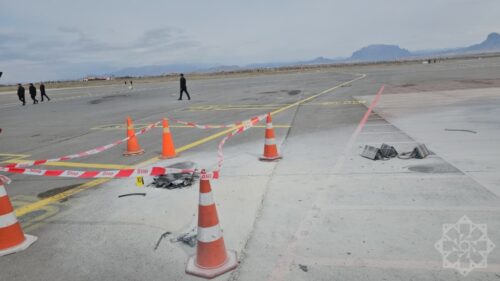
Armenia has the freest press among neighboring countries, but media remains polarized, says RSF
The international organization Reporters Without Borders (RSF) has published its annual report “2025 World Press Freedom Index”. As noted, economic threats have become one of the main threats to press freedom. Although physical violence against journalists remains the most common way to pressure press freedom, economic pressure is also an equally serious threat, even if it manifests itself in a less obvious way. In 2025, press freedom continued to decline, reaching a critical low. For the first time, the situation with press freedom was rated “difficult” worldwide.
According to data studied by RSF, in 160 out of 180 countries included, media outlets are unable to achieve financial sustainability. In almost a third of the world’s countries, media outlets are regularly closed due to chronic economic difficulties.
Armenia ranked 34th out of 180 countries in the index with a score of 73.96. Press freedom in Armenia is described as “sufficient.” In 2024, the country was ranked 43rd with a score of 71.6.
As noted, despite a pluralistic environment, the media remain polarized. The country is facing an unprecedented level of disinformation and hate speech fed by internal political tension, security problems at the country’s borders and the country’s complicated position between Russia and the European Union.
Media landscape
Social media, accessed daily by two-thirds of the population, is the main source of information. Many new media outlets have sprung up since the 2018 “Velvet Revolution” and independent news sites.
Nevertheless, most broadcast and print media, affiliated with major political and commercial interests, continue to face pressure concerning their editorial policy.
Political context
The polarization of the media mirrors that of the political scene: many media outlets are close to political leaders who emerged after 2018, while others remain loyal to former oligarchs. Only a handful of media demonstrate independence. Two political topics are especially sensitive: the ongoing negotiations with Azerbaijan and the increasingly strained relations between Armenia and Russia. Some political groups carry out disinformation operations and target journalists.
Legal framework
Despite the decriminalization of defamation and the implementation of legislation that guarantees the transparency of media ownership, the legal framework that regulates the sector does not sufficiently protect freedom of the press, nor does it follow European standards. Recent reforms have not resolved problems posed by disinformation and gag orders. Access to state-held information is limited by the government (refusal to respond, delays, etc.)
Economic context
The majority of media are controlled by people close to political movements or are supported by influential public figures. Few outlets have adopted paid subscription models, and the advertising market remains under-developed, which limits the financial independence of privately owned media. Meanwhile, state-owned media refrain from any criticism of the government.
Sociocultural context
As a profession, journalism is disparaged and subject to especially troubling hate speech. Anti-media rhetoric from political elites, who accuse journalists of “corruption” and of being in the service of their adversaries, creates a climate of intolerance that hinders reporters’ work.
Safety
Clashes on the border with Azerbaijan complicate the work of journalists. Furthermore, journalists are often subjected to pressure, insults and violence by both ruling party officials and opposition politicians, as well as their supporters – whether in Parliament, in the street, or on social media. In general, violence against journalists goes unpunished.
Among neighboring countries, the situation in Azerbaijan and Iran is “very serious.” The two countries rank 167th and 176th, respectively. Georgia ranks 114th with a “difficult” press freedom situation, while Turkey ranks 159th. Here, the situation is again “very serious.” The freest press in the world is in Norway.



